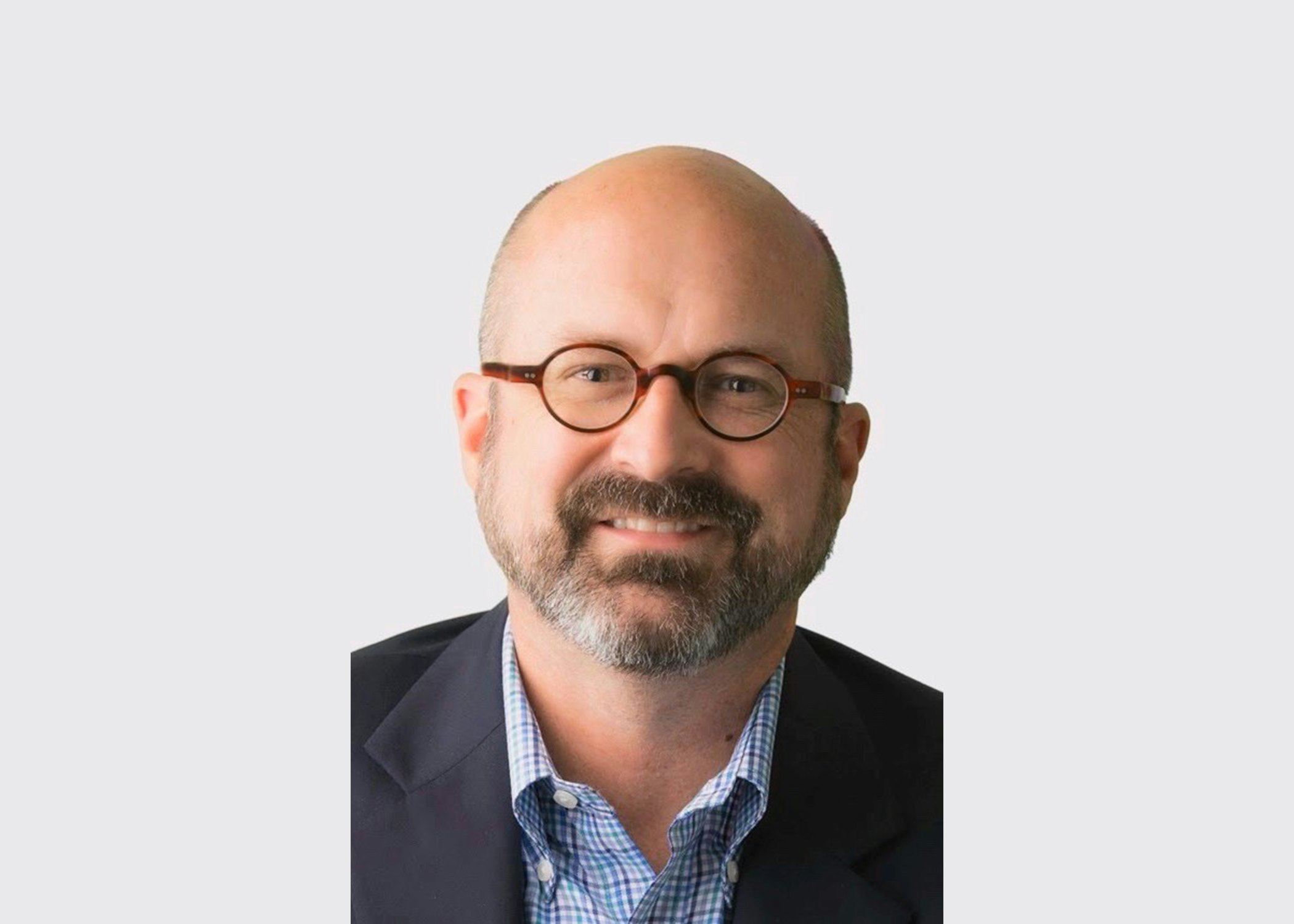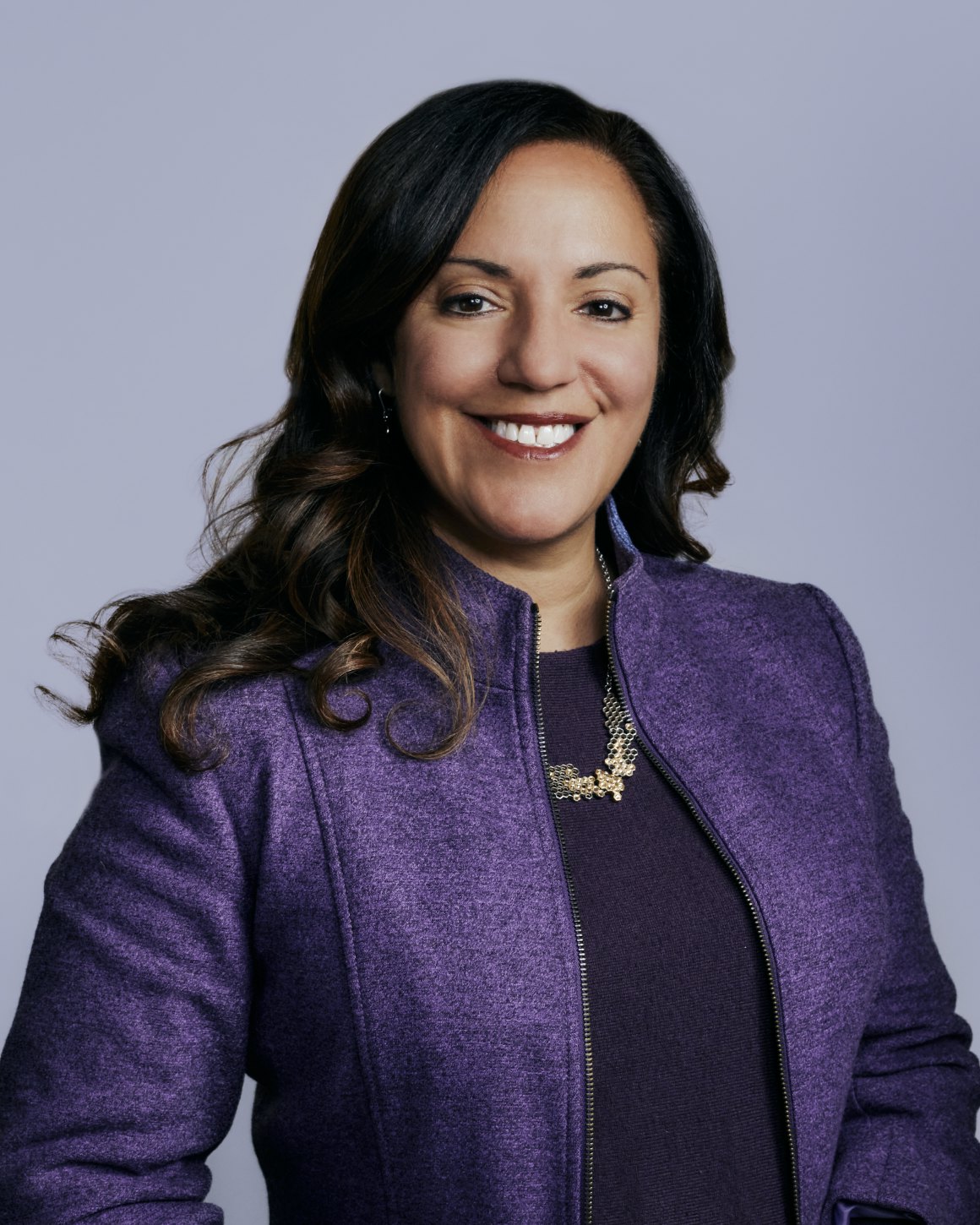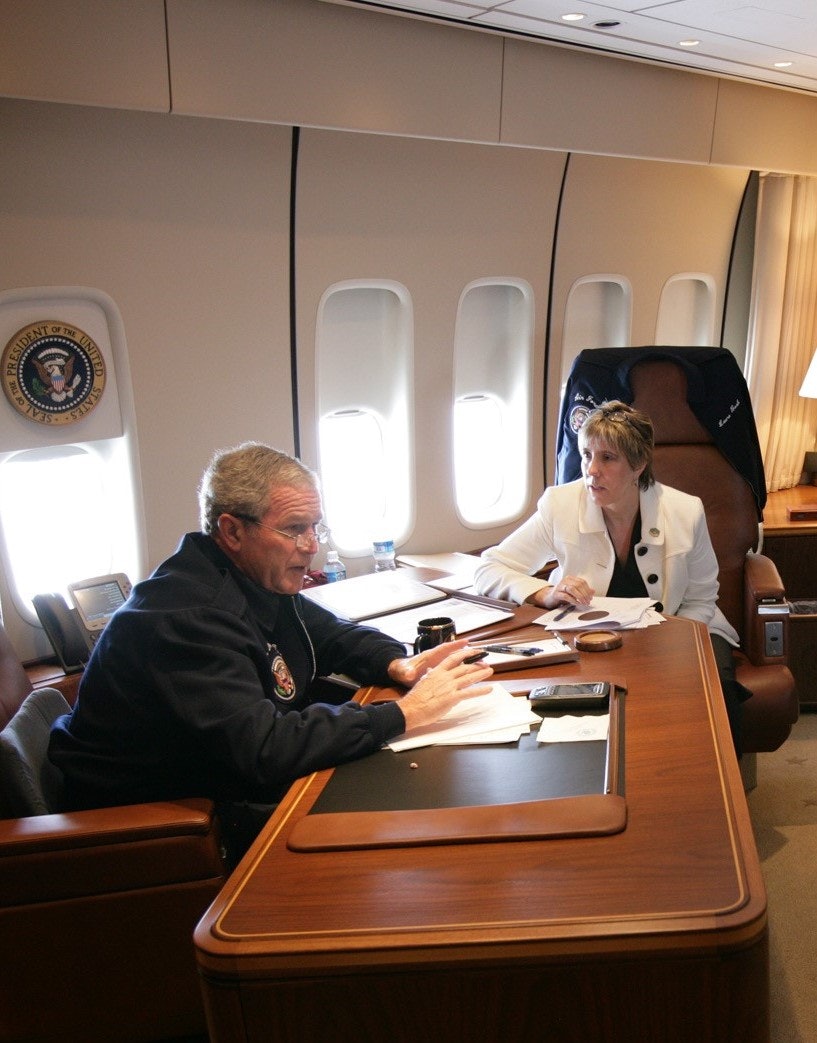In this month’s edition, Ed Gillespie relays a wonderful story about President Bush and President George H.W. Bush; discusses the meaning of the upcoming Bush-Cheney Alumni reunion; and describes his shift in 2020 to corporate life as Senior Executive Vice President – External and Legislative Affairs at AT&T after spending most of his career in politics and consulting.
Ed Gillespie, who succeeded Dan Bartlett as Counselor to the President in the summer of 2007, joins us for this month’s “Five Questions With…” Anyone who knows Ed knows that he is a master storyteller. In this month’s edition, he relays a wonderful story about President Bush and President George H.W. Bush; discusses the meaning of the upcoming Bush-Cheney Alumni reunion; and describes his shift in 2020 to corporate life as Senior Executive Vice President – External and Legislative Affairs at AT&T after spending most of his career in politics and consulting.
Q: Joining AT&T, which had been a longtime client of yours, was the first time in your career that you worked “in-house” after years in politics and with agencies. Can you describe the experience for us, including anything that may have surprised you?
I joke that being in-house versus consulting is like the difference between the chicken and the pig in a bacon-and-egg breakfast. The chicken’s involved, but the pig is committed! Working for an iconic company like AT&T in a time of great challenges in corporate America is exciting, but it’s also all-consuming.
Q: Companies today are expected to weigh in on a wider array of social issues than ever. How are you approaching that at AT&T?
We are very thoughtful in our approach and focus on issues that are critical to enabling us to hire more workers and pay our people well, return value to our shareholders, innovate in the marketplace, and help close the digital divide. If there is a clear nexus between an issue and our business and we have expertise, we will express a view. We know what it takes to get more people connected to the Internet, which is important to greater employment and educational opportunities, as well as access to health care. That knowledge is helpful to informing the public policy debate.
Q: You and Cathy have been enthusiastic supporters of the Bush Institute. Why?
There are a number of reasons, starting with the fact that the Institute does important work. Another is loyalty to President and Mrs. Bush. Like all of us, I would not be where I am today had the President not seen something in me that he felt warranted giving me the chance to serve our country at the highest level. I learned so much from him in my 18 months as counselor to the President. And not just professionally. Watching how he lived his Faith, handled crises and treated people from heads-of-state to White House support staff helped make me a better person. Cathy and I are glad to be able to support his post-presidency work.
Q: Registration numbers for the May Bush-Cheney Alumni reunion in Dallas are strong. What does it say about this group that years later there is still so much enthusiasm around getting together?
I think for a lot of the sentiment I mentioned above, including loyalty. But President Bush did not only engender upward loyalty, but loyalty to one another as colleagues. The situations people faced over the two terms of the Bush Presidency are the kind that form thick bonds. Whenever I see someone I worked with in the Administration, it’s like I saw them yesterday, even though it may have been five years ago.
Q: Can you leave us with a favorite story or moment from your time at the White House?
There were so many special moments, but one worth recounting was the visit to Texas A&M for its winter commencement in December 2008. A&M is home to President Bush 41’s library, and he and Barbara Bush were there to welcome their son to campus. The students loved President Bush 43’s commencement speech, and it was a joyful occasion in what was a challenging time. The former president rode in Stagecoach with the soon-to-be former president to see him off at the helicopter pad. We had to chopper from College Station over to Air Force One at the Waco airport. I watched from Marine One as President Bush hugged his father goodbye and turned to climb aboard to settle into his seat across from mine.
I was checking emails as we were lifting off when the President leaned over, tapped me on my knee and pointed out the window.
“Look at Dad,” he said.
President Bush 41 was standing at full attention next to the presidential limousine, his right hand on the hood of the car to steady himself as he leaned into the swirling winds being whipped up by the helicopter’s rotors. Sand and grass were being blown up onto his blue suit and into his wind-whipped hair, and a secret service agent was positioned behind him like a quarterback in shotgun formation, arms up ready to catch the former president if he was literally blown over.
“He’s paying respect to the office,” President Bush said as we looked down through the window.
I still get goose bumps remembering that moment as George H.W. Bush displayed not only a father’s unconditional love for a son, but a war hero’s respect for the Presidency of the country he loved and served with such distinction.
BONUS QUESTION: In 2007 you wrote a terrific book: Winning Right: Campaign Politics and Conservative Policies. Who plays you in the movie?
Ha! I think it should be an animated film and I get to voice over the cartoon me.




























